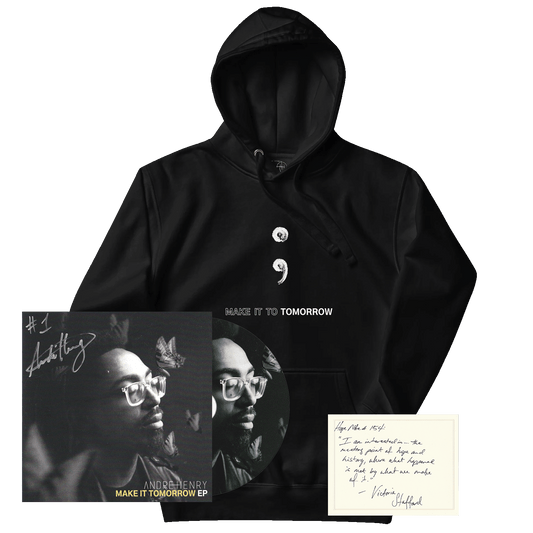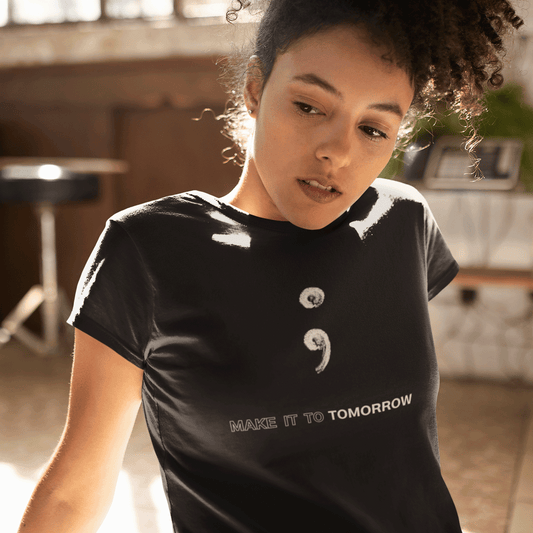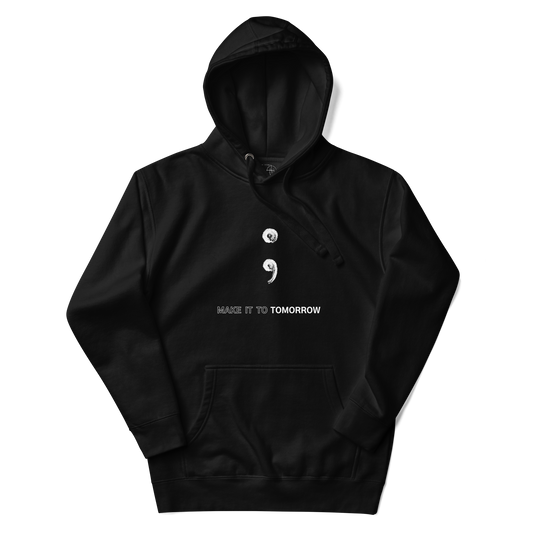I’ll never forget the look of betrayal on her face as first responders carried her away.
But I didn’t know what else to do.
She’d been talking about killing herself for days, and I was scared I wouldn’t see her alive again. I tried everything to avoid calling 911 — because I’ve been to the ER for mental health crises. I know what it’s like to be treated like a criminal just for not wanting to live.
So as I watched her float away on that gurney, I made a promise:
I’d find her, wherever they took her. She wouldn’t be alone.
And my worst fears came true.
I visited her every day. And every day, she told me a new story of cruelty.
They wouldn’t honor her pescatarian diet—so she went without eating. She was on crutches, and no one helped her get around. Every time she tried to speak up for herself, they threatened to extend her stay.
I was furious.
I started sneaking her food under my clothes. I demanded to speak with leadership.
I told my aunt — who was advocating with me — “They don’t know who they’re messing with. "I’ll chain myself to the front door and give them a PR nightmare.”
Thankfully, it didn’t come to that. She was released within a few days.
What Is Self-Compassion?
Not long after that, I started learning about self-compassion.
The most helpful definition I’ve found comes from Rick Hanson. He says self-compassion is the feeling of “being on your own side.”
In one meditation, he asked us to remember a moment when we showed deep compassion to someone else.
“Feel what that was like in your body,” he said.
I remembered my shaking hands as I smuggled protein bars into that facility.
I remembered the fire under my skin as I imagined chaining myself to the door.
Then he asked:
“Can you turn that feeling toward yourself?”
And suddenly, I remembered—
I gave my friend an advocate.
And I realized: I’ve spent years showing up that way for people I didn’t even know.
I’ve risked my safety, my time, my freedom for the well-being of others.
And it hit me:
Self-compassion is when that fierce advocate I’ve been for others… shows up for me.
That’s the voice I was writing from in When You Call—the voice of that inner advocate.
The one who says:
“I’ll always show up for you.”
How Self-Compassion Makes Us Strong
A lot of us underestimate self-compassion.
We think it’ll make us too soft to survive.
We tell ourselves we’ve got to armor up just to make it through this unfair, unrelenting, violent world.
So we get cold with ourselves, and call that strength. But experts says otherwise.
Self-coldness doesn’t make us stronger. It actually:
- lowers our resilience,
- raises our stress.
- kills motivation
- increases risk of anxiety and depression, and
- can even weaken our immune systems.
What we actually need is someone in our corner. Not the voice of a slave master,
or a drill sergeant, or an angry T-ball coach in our head, screaming at us to toughen up and do better.
We need someone who would sneak food into the place we’re trapped —
who would chain themselves to the door to make sure we’re okay.
Sometimes, that someone has to be you.
***
This playlist is part of my Soundtrack for Survival series—13 songs and reflections inspired by the resilience skills I’ve had to learn to stay alive in the face of injustice, burnout, and despair.






